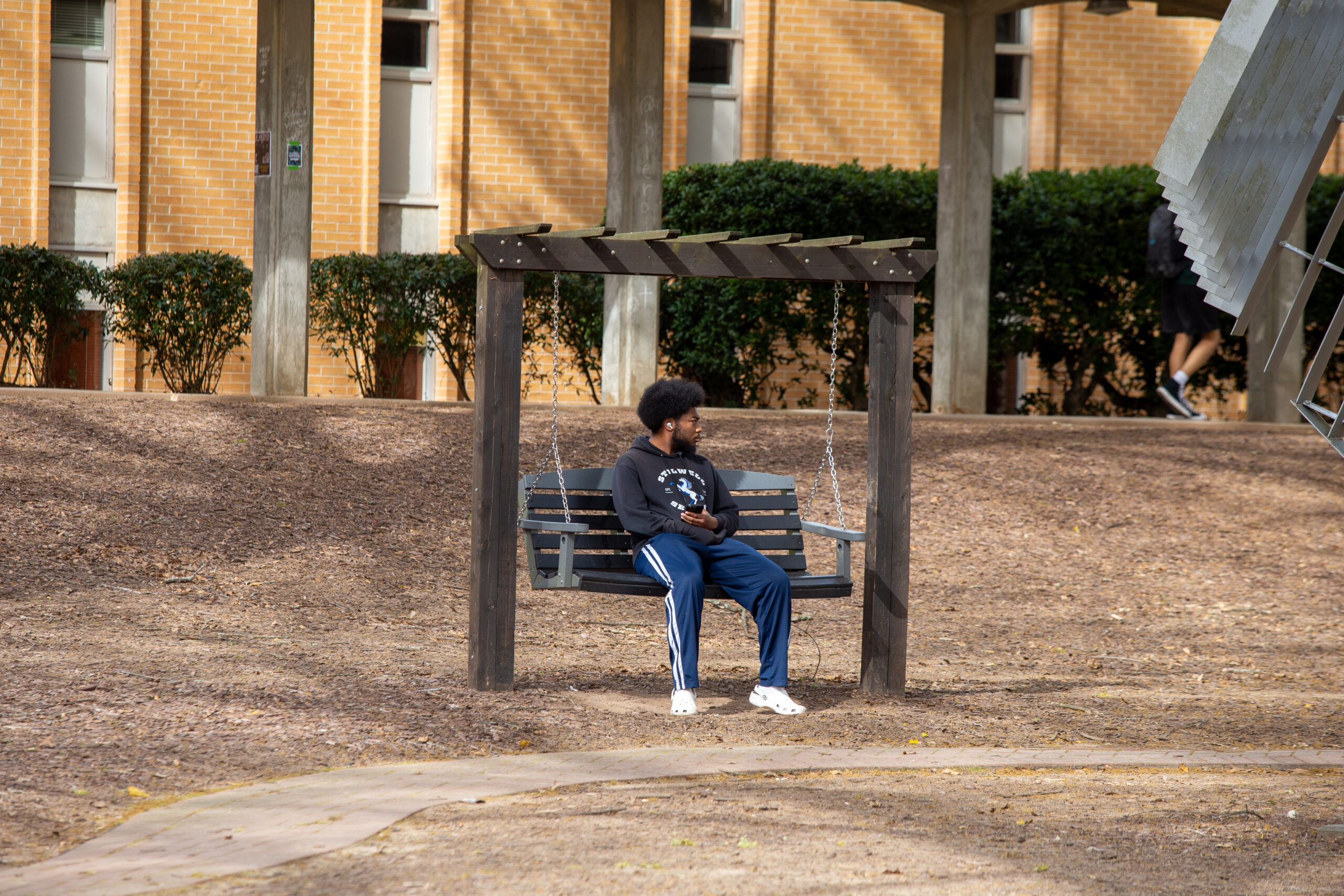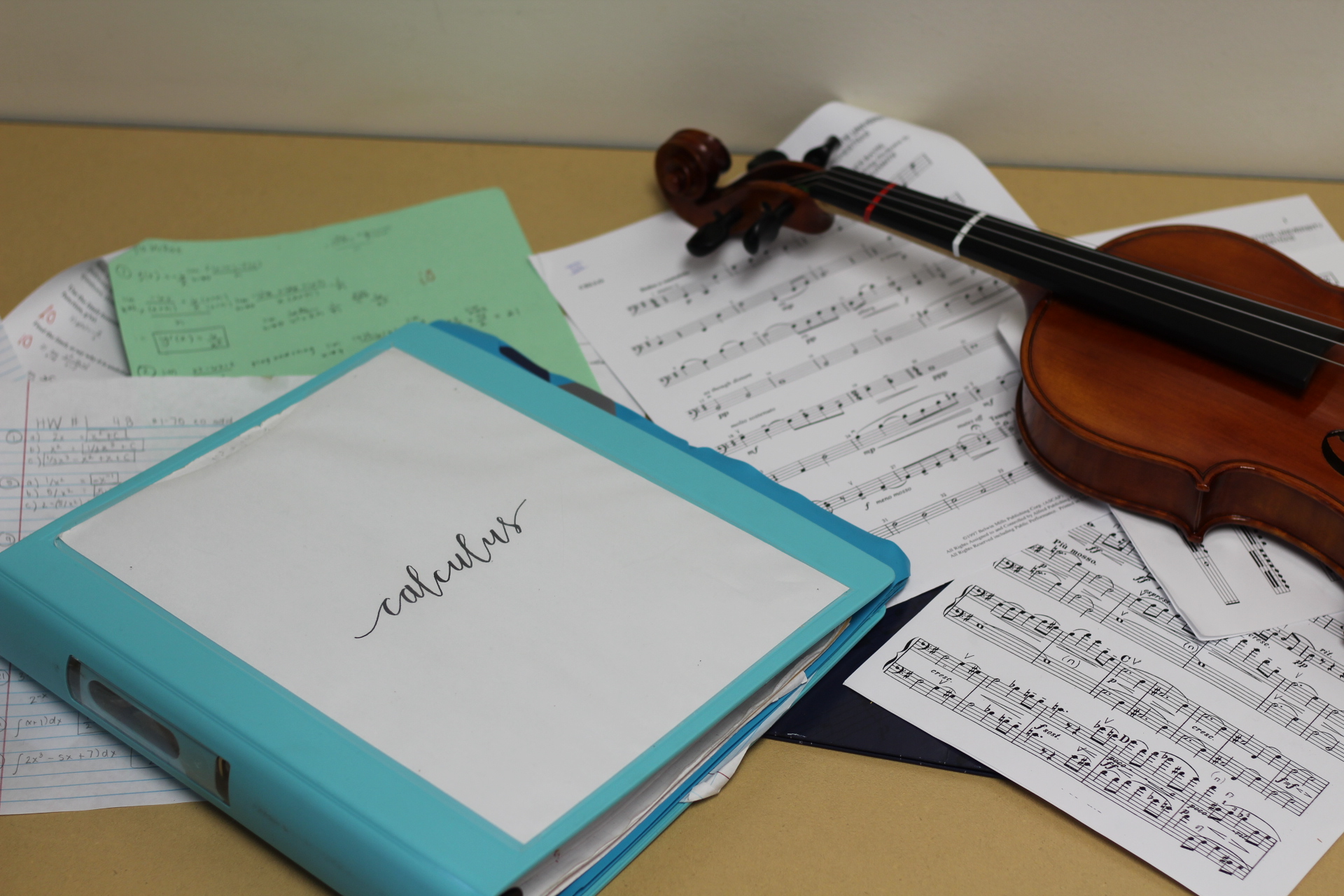People of the world are consistently impressed by the feats of extraordinary others. These people are looked at as heroes of sorts. They are the rule breakers, the risk takers; they are the world record holders. But what separates them among themselves? Surely a woman with 28 foot long fingernails cannot be given the same adoration as the world’s fittest man.
Guinness World Records is the go-to place to be known for your talent, skill, determination or odd characteristic. The people of Guinness do not reject for strangeness but rather welcome it if it is unusual enough to not have been done or seen before. The dedicated weird folk that hold these records would fit better in Ripley’s museum next to taboo artifacts rather than next to an incredible, trained athlete or the experienced oldest woman in the world.
The first amputee to win an X-Games gold medal, the heaviest aircraft pulled by a man and the highest bicycle jump should not likely be in the same accomplishment accreditation than the most gnomes collected, the largest collection of rubber ducks or the most spoons balanced on a face. There is a difference between striving to be the best in the world and just wanting to be in the book for having the strangest interest.
What’s stranger than the people that slice their tongues in half to look like a snake is the fact that people are more interested in that than they are when a woman running the fastest half-marathon with a stroller. In a survey, four out of six students at KSU would prefer to see the world’s loudest burp than the fastest 100 meter hurtle while wearing swim fins. While one takes nearly no training and the other requires serious physical strain, the brainless record is given the most attention.
The really interesting thing about Guinness World Records is the fact that, according to its website, it all started because there was an argument in an Irish pub about what Europe’s fastest game bird was. The then manager of Guinness Brewery found this perplexing and thus compiled a book, with the help of others, to create a database to settle all unknown disputes. “On 27 August 1955, the first edition of The Guinness Book of Records was bound and, by Christmas that year, became Britain’s number one bestseller.” Today, the world’s best-selling book sells approximately 3.5 million copies a year. People are interested in the interesting.
KSU attempted to break a world record this year. It wasn’t for a mindless feat, but it actually had enough merit for people to take pride in and support. Jessie Blowers, KSU Peace Project founder, wanted to give students the opportunity to “work together and accomplish a common goal by standing up for peace” in hopes that we could be a more united university.
This is more than just breaking a world record. Blowers stated that she realized just how little people actually care or even think about peace.
“KSU is the only public university in the southeast that offers a Peace Studies Program,” Blowers said.
This was one of the many reasons she decided to create this event, it just so happened that there was a standing world record for students and community members to be a part of breaking.
“So much was involved in making it happen that I can’t even begin to describe the whirlwind of crazy I had to endure,” Blowers said.
This is something that serious record breakers go through to be recognized in a book that is home to a record for stomping on and smashing 88 alarm clocks in one minute.
“I have never worked so hard for anything my entire life, but it was an incredibly rewarding experience, one that I will never forget,” Blowers said.
The experience, credibility and significance are what record breakers should strive for, not simply being the most outrageous.
Sure, breaking a world record for sticking the most needles in your head is an accomplishment, but the people who train for years and break world records to better themselves and support a genuinely decent concept should be shone in a brighter light.



